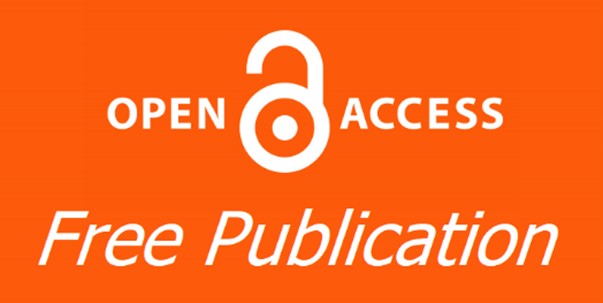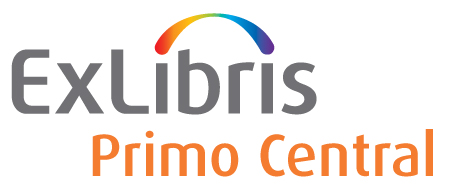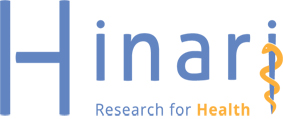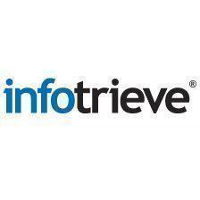Article Type
Article
Abstract
Background: The radiosensitivity of nasopharyngeal carcinoma has led to effective primary treatment using radiation with or without chemotherapy. Despite modern radiotherapy techniques, recurrent
or persistent disease remains challenging.
Materials and Methods: This study included 10 patients who underwent endoscopic nasopharyngectomy: two primary cases of nasopharyngeal carcinoma, five cases recurrent after finishing treatment
with chemoradiation by 7–14 months, and three patients showed residual disease just after finishing therapy using chemoradiotherapy confirmed with biopsy. The average age was 43.5 years. Chemoradiotherapy was performed postoperatively for all patients. Margin status and complications were evaluated. Repeated nasopharyngeal endoscopic assessment plus computed tomography and MRI imaging with contrast were carried out, with a mean follow‑up period of 17.5 months.
Results: One patient showed recurrence (10%) and was managed with resurgery. No deaths were recorded due to the disease (overall survival rate, 100%) until the end of this study, and there
were no major complications.
Conclusion: Endoscopic nasopharyngectomy is a feasible, direct, effective, and safe surgical procedure. Long‑term follow‑up is necessary for better assessment.
Keywords: endoscopic, nasopharyngeal carcinoma, nasopharyngectomy
Recommended Citation
Kamel R, Hassan MS, Abdelfattah AE,
et al.
Endoscopic nasopharyngectomy for nasopharyngeal carcinoma.
Pan Arab J. Rhinol.
2016;
6 : 5-10.
Available at:
https://pajr.researchcommons.org/journal/vol6/iss1/2
DOI: https://doi.org/10.4103/2090-7540.186904
















